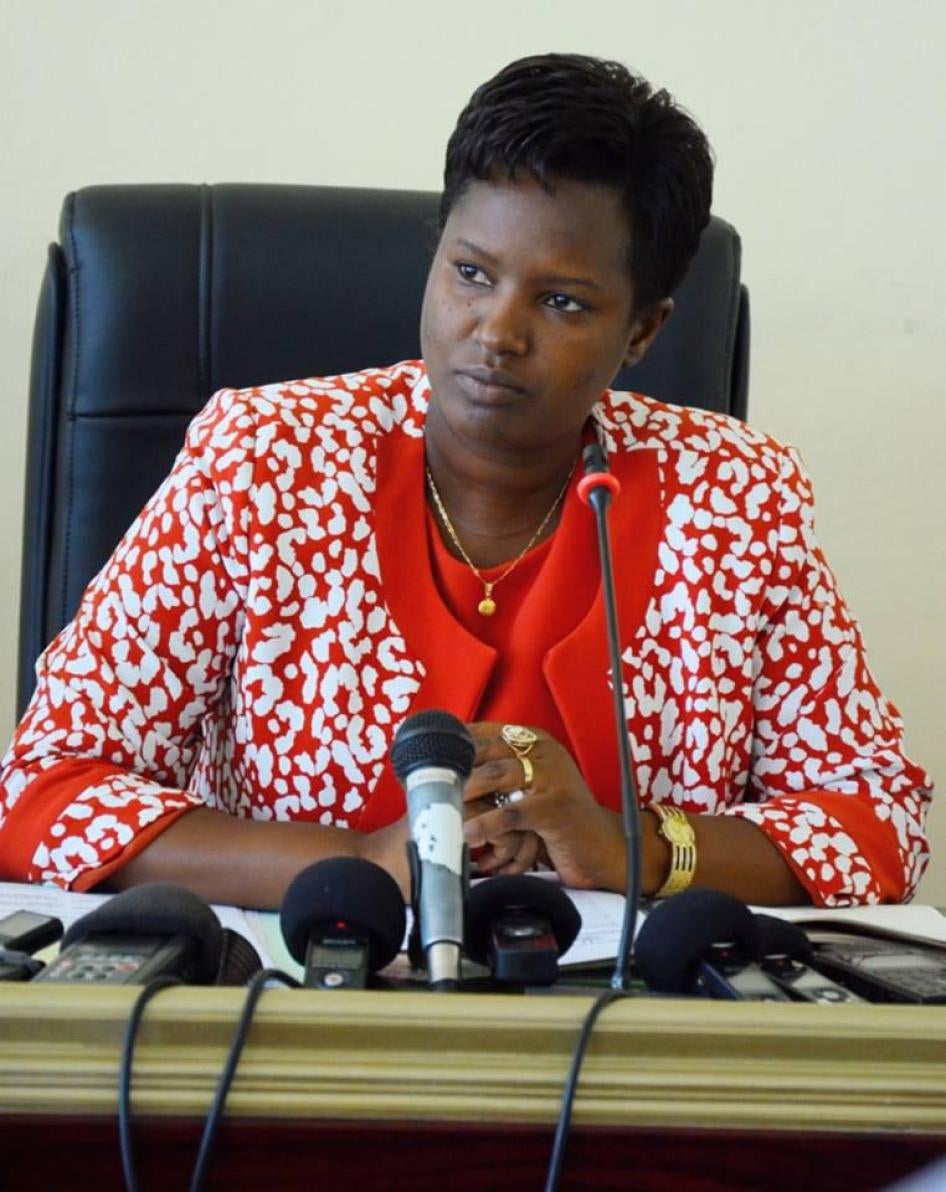The spectators entering the courtroom last week knew something was wrong before they even stepped inside: Police were there at the doors, forcing people to surrender their cellphones. There was something inside the authorities didn’t want photographed or recorded.
The administrative center of Burundi’s eastern Muyinga province had been shaken awake a few days earlier, on January 24 at 2 a.m., when unknown men allegedly attacked the town’s military base, Camp Mukoni. Later in the day, an army spokesperson claimed the base hadn’t been attacked but rather armed thieves had attacked soldiers on patrol nearby. Rumors continued to swirl.
The facts surrounding the attack are still murky, but the response from the authorities was clear: crackdown on the soldiers suspected of involvement in the attack. Twenty people were put on trial – seven soldiers, 12 civilians, and one policeman. Many were badly beaten and tortured during interrogations by the intelligence service, witnesses have told me.
The injuries they’d suffered were clear to the crowd, according to witnesses in the court room: They had badly swollen hands and feet, many were limping, and one had his arm in a sling.
Witnesses have described how two of the soldiers struggled to stand. Chairs were brought, but sitting was difficult, so at times, during the hearing that dragged on for more than five hours, two of the soldiers lay down on the floor, the only position that brought some comfort. A bucket was brought over because one soldier started vomiting blood.
The same soldier, in a barely audible voice, asked the president of the court for the trial to be postponed given his state of health. He said his testicles had been tortured, and he wanted to be treated before presenting his defense. He also asked the presiding judge for a lawyer. The judge ignored his requests, a clear breach of Burundian and international law.
The court deliberated for about an hour after hearing defendants’ statements. The verdict: 30 years of prison time for attempted organized armed robbery and illegal weapons possession plus a fine of about $2,900. If they fail to pay, the prison sentence will be increased to 55 years. Two of the defendants – waiters in a Muyinga bar – were fined about $50 each.
When asked the reason why the soldier’s request for a lawyer was denied, Minister of Justice Aimée Laurentine Kanyana said: “Fortunately, there is still a means of recourse. They can call for an appeal and ask that they are assisted by a lawyer then.”
In a separate interview on Burundian state radio, she said: “According to the information I received, there was no defendant who had been tortured. It was a public hearing where everyone could attend the debate. If someone was tortured, one is going to see it.”
Madame la Ministre, check your facts. Those in the courtroom say they did indeed see the signs of torture.
These abusive tactics, as well as the manipulation of the justice system, have become hallmarks of the ruling party’s efforts to quash dissent. As the International Criminal Court considers opening a full investigation into Burundi – a step that looks increasingly necessary – this case, and other abuses committed by members of the security forces, should be considered.








